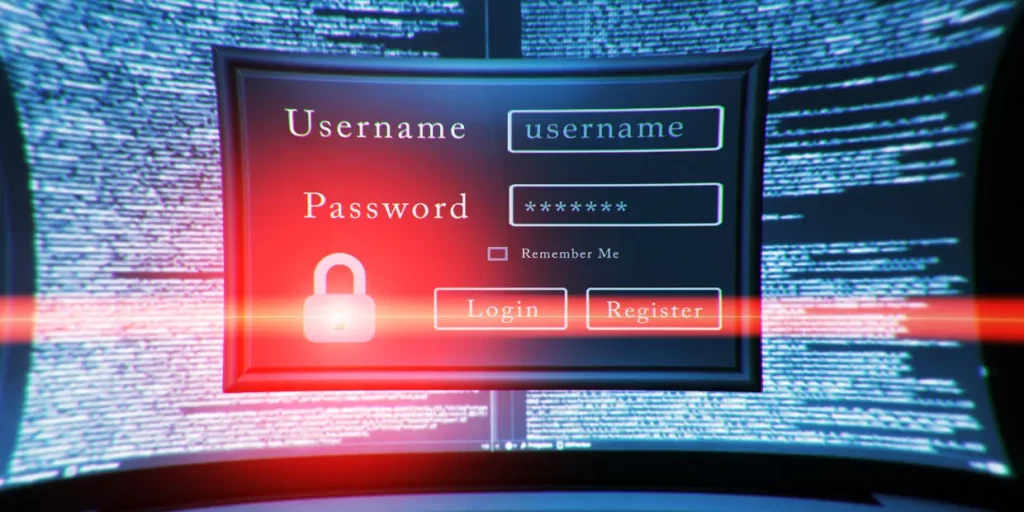How Can I Tell If My Computer Has a Virus?

How Can I Tell If My Computer Has a Virus?
Q: How can I tell if my computer has a virus?
A: Computer viruses and malware can be a nightmare. Let’s explore the common signs of computer infections and some ways to prevent them from disrupting your computer.
Sluggish performance
If your computer is suddenly operating in slo-mo, it may be infected by a virus. Computer viruses typically utilize a computer’s processing power for malicious activities. If you notice big changes in your computer’s performance, run a virus scan.
Pop-up ads
If your computer starts displaying pop-up ads while you’re browsing the internet or using other programs, it’s a sign that it may have a virus. Pop-up ads can lead to malware installation or other malicious activities. If you’re seeing pop-up ads, avoid clicking on them and run a virus scan as soon as possible.
Strange, new programs
If you notice new programs on your computer, it’s possible that your computer has a virus. These programs may be malware that is designed to perform malicious activities. Uninstall these programs immediately and run a virus scan.
Sudden crashes and freezes
Viruses can overload a computer’s resources or modify critical system files, which can lead to frequent crashes and freezes. If your computer is crashing or freezing frequently, it may indicate that it has a virus. Run a virus scan as soon as possible.
Strange network activity
A virus may be using your computer’s network resources to perform malicious activities. If you notice unusual network activity, such as your internet connection slowing down or unusual data usage, run a virus scan and check for any unusual programs or processes running in the background.
Changes to browser settings
A computer virus may modify your browser settings to redirect you to malicious websites or display more ads. If your web browser’s homepage or search engine has changed without your consent, it may be an indication of a virus. Reset your browser settings to their default settings and run a virus scan.
Missing files
A virus can delete or modify your files to perform malicious activities. If you notice that some of your files are missing or have been modified without your knowledge, it’s possible that your computer has a virus.
How can I protect my computer from a virus?
- Install antivirus software and update it on a regular basis
- Avoid downloading files from untrusted sources
- Don’t click on suspicious links or pop-up ads
- Keep your operating system and other software up-to-date
- Use strong and unique passwords across all your online accounts
- Use a VPN when on public Wi-Fi
If any of the signs of a computer virus listed above are present on your computer; run your device through a virus scan. Follow the prevention tips to keep your computer safe! Check out more Security & Fraud articles from County Federal here.
Content Source: CUContent






